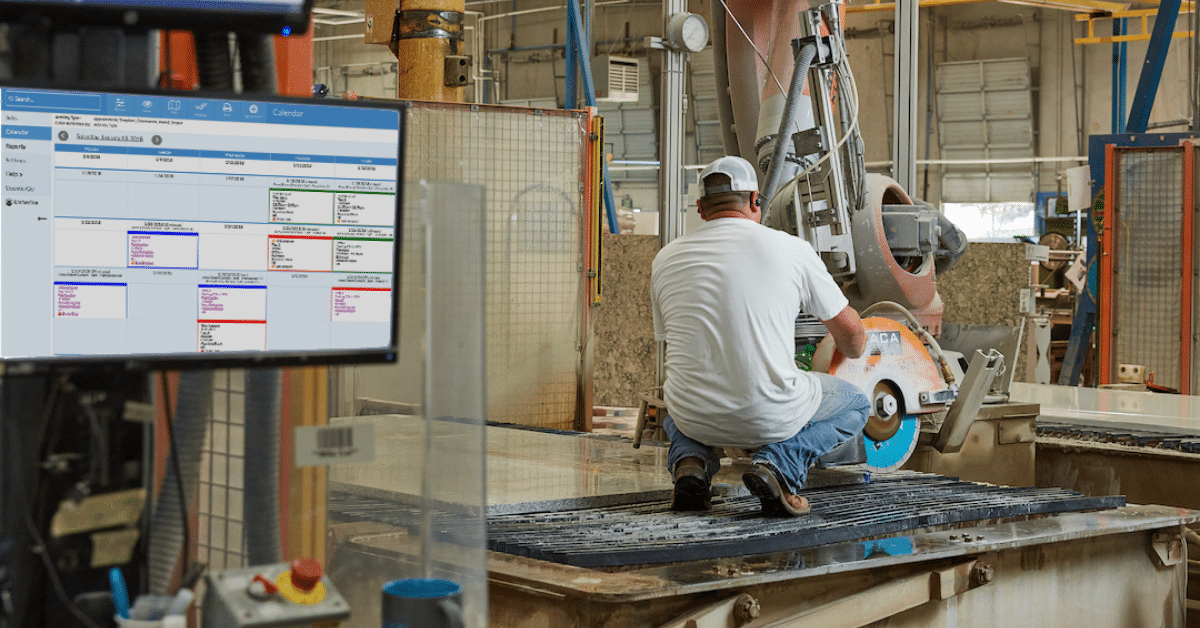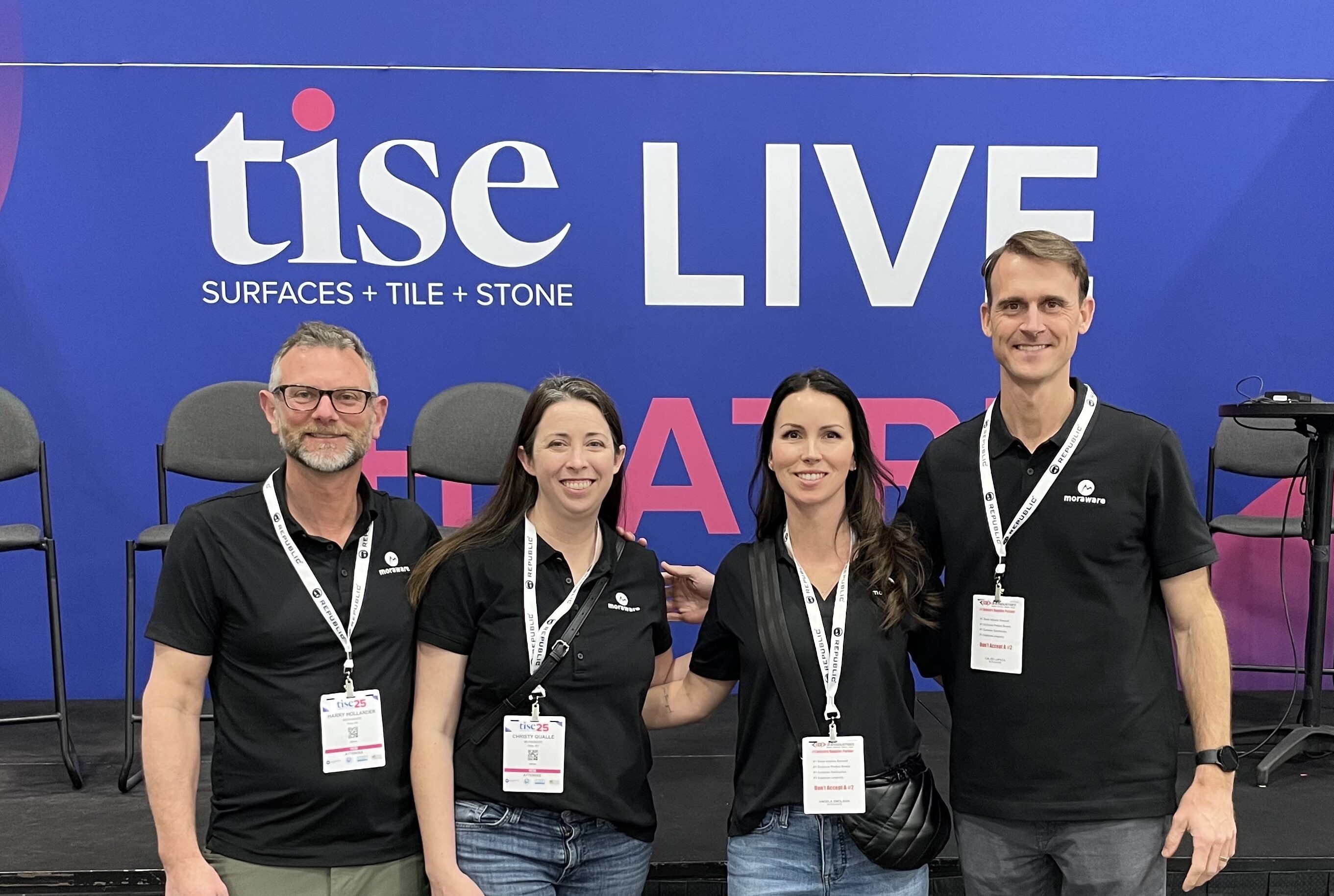We occasionally get questions about how we manage our servers, do backups, protect our production systems, and what happens if there’s a catastrophe at our data centers.
The short answer is that we spend a serious amount of time improving our infrastructure, monitoring what we have, and automating it more. So, by the time you read this blog post, there’s a good chance that some of the info is out of date.
How often are backups created?
Right now, we back up every instance of Moraware Systemize or CounterGo every 5 minutes.
Where do the backups go?
We store copies of the backup on each server, and we have a couple of data centers (one in the Midwest and on one the East Coast) and we back up everything across data centers.
The cool thing about that is that we actually have what we call a “warm backup” – if data center #1 blows up, we can immediately start running in data center #2.
But, in a catastrophe, there’s still a chance of data being lost – it takes time for the data to transfer across the internet to the other data center. Although we haven’t had to find out the hard way, we’re guessing that the maximum data loss is around 15 minutes.
We also store all of the backups in the cloud, so if both of our datacenters are destroyed simultaneously, we can spin up new servers and restore from the cloud.
What happens if the data gets corrupted?
This is part of the reason we’re constantly monitoring our servers and data. We keep track of a bunch of logs, and we’re always looking at the integrity of the underlying databases. If we do have corruption, we can restore an older copy of a database.
How do you restore from backups?
Over the years, we’ve built a set of internal tools that let us manage our servers, and all of the data on them.
When we’re testing the infrastructure, or just moving databases around to different data centers, depending on the exact situation, it can be as easy as pushing a button on our end.
What happens if there is a disaster or something goes wrong?
All of the data centers, servers, and software are great protection against disasters. But, the most important part of our infrastructure is the multiple people who’re responsible for our servers running safe and sound. When things go wrong, there are folks at Moraware (and our data-center partners) who are ready and able to fix problems.
How do you keep your production systems safe?
We are constantly monitoring our production systems and have automated virus and intrusion detection to warn us of any threats. In addition we employ multiple firewalls to limit access, control access via separate public and private networks, and require 2-factor authentication for access to any production systems.
How do you keep customer’s data safe?
To ensure we are keeping our customers data safe all of our data centers are SOC 3 compliant and our payment system is PCI Level 1 compliant. We also employ strict access control for all our systems and have a regularly verified system recovery plan.
Have more questions? Shoot us an email at support@moraware.com and we’d love to walk you through it!



